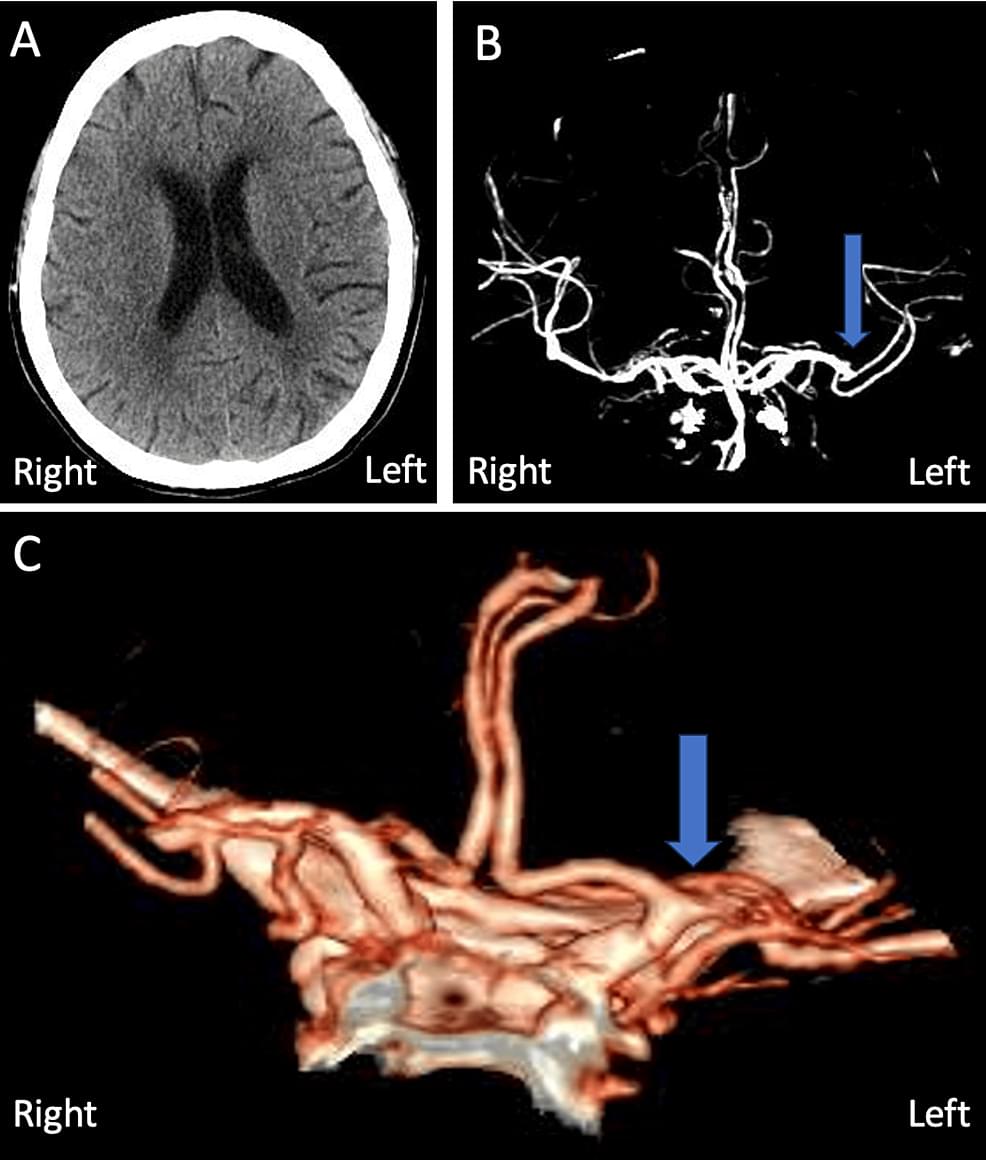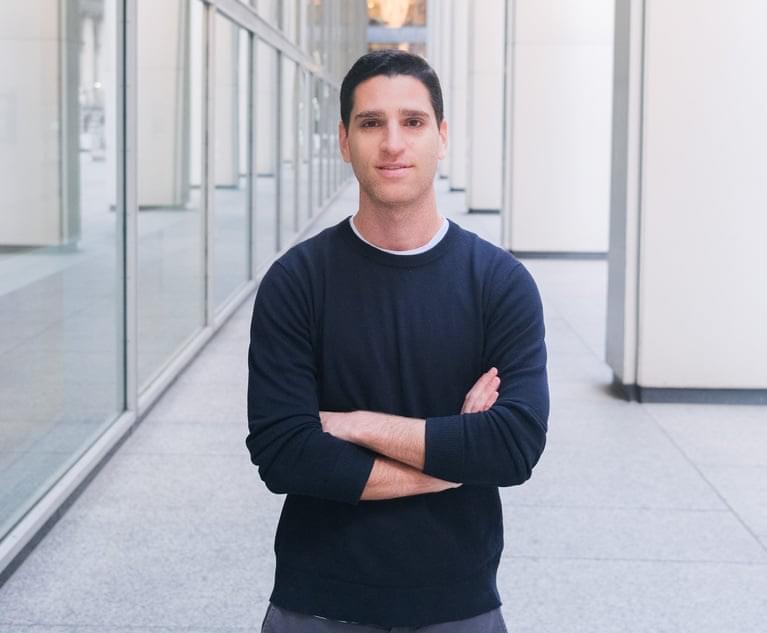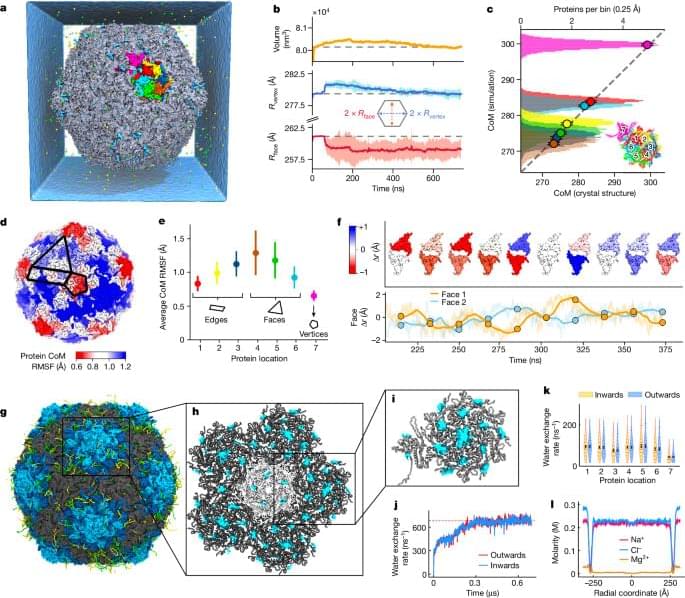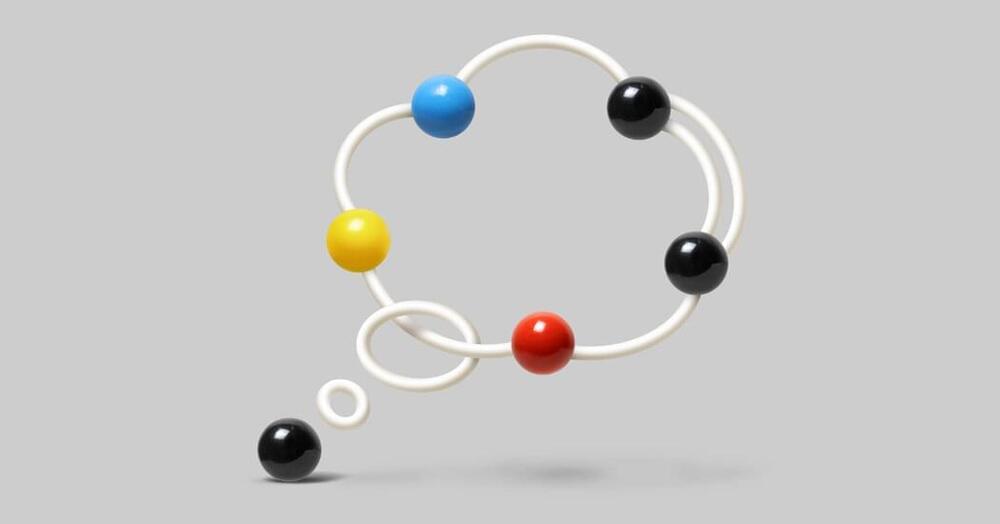This video shows the fly model reproducing a flight maneuver (spontaneous turning) of a real fly, executing commands to walk at a speed of 2 cm/s while turning left and right, and the model imitating a walking trajectory of the real fruit fly, which includes walking at different speeds, turning and briefly stopping. Credit: Vaxenburg et al.
By infusing a virtual fruit fly with artificial intelligence, Janelia and Google DeepMind scientists have created a computerized insect that can walk and fly just like the real thing.
The new virtual fly is the most realistic simulation of a fruit fly created to date. It combines a new anatomically accurate model of the fly’s outer skeleton, a fast physics simulator, and an artificial neural network trained on fly behaviors to mimic the actions of a real fly.







